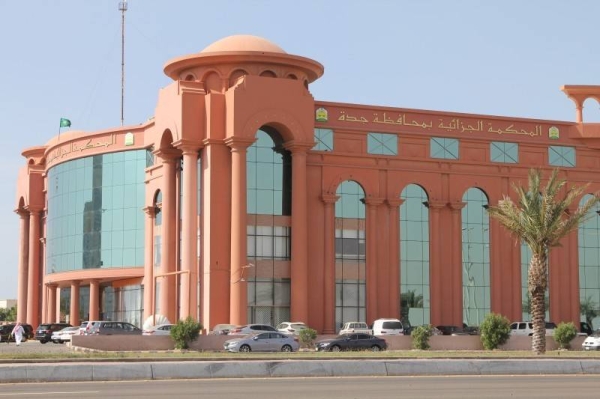
A British-Iranian anthropologist has been sentenced to eight years in prison after being found guilty of collaborating with a hostile state.
The Foreign Office has been made aware of the case of Kameel Ahmady, who said he was detained for 100 days last year without access to legal representation. Unusually, he has not been sent directly to jail following the sentencing.
Amir Raesian, Ahmady’s lawyer, said: “[On] Saturday my client Kameel Ahmady, a researcher and anthropologist, was sentenced to eight years in prison by branch 15 of the revolutionary court in Tehran on charges of ‘collaborating with a hostile government’. We will appeal this ruling and we still hope.”
In a statement released via friends in the UK, Ahmady said: “In autumn 2019, contrary to all legal strictures and hope of fair judgment, I was subjected to 100 days of detention and extrajudicial interrogation without access to a lawyer.
“The judgment now handed down was issued after two non-expert court hearings in a legal process full of flaws.”
Ahmady has published several books and papers in Iran on issues such as child labour, female genital mutilation and child marriage . He said he was being targeted for his work.
“The legal focus of the accusation goes back to my research on the most harmful traditions about children in disadvantaged minority areas of Iran, but the main intention of my accusers has been to link my research to the United Nations 2030 sustainable development goals, and to stop my activities with the target community of my research,” Ahmady said. “My aim now is to appeal this verdict and hope for a fair trial in the appeal court.”
His work and professionalism have been the subject of attacks on social media.
Ahmady’s friends in the UK have been in regular contact with the Foreign Office and had been hoping he would not be given a lengthy sentence, so the news came as a particularly heavy blow.
Rumours also circulated that a second British–Iranian citizen has been arrested and was being interrogated by the Revolutionary Guards. The Guardian has not been able to confirm the second arrest.
Iran has summoned the envoys of Germany, the current holder of the EU’s rotating presidency, and of France over their criticism of the execution of an Iranian journalist, Iranian media reported.
The foreign ministry in Tehran voiced Iran’s objections to criticism of the execution on Saturday of a dissident journalist, Ruhollah Zam, who had been based in Paris before he was captured in Iraq and taken to Iran.
Zam was convicted of fomenting violence during anti-government protests in 2017. His AmadNews feed had more than 1.2 million followers.
The EU said in a statement after his execution: “The European Union condemns this act in the strongest terms and recalls once again its irrevocable opposition to the use of capital punishment under any circumstances.” The French foreign ministry called the execution a “barbaric and unacceptable act”.
Amnesty International and the press advocacy group Reporters Without Borders (RSF) also condemned the execution.
Tehran claims Zam was not a journalist but an agitator seeking to stir unrest inside Iran.












